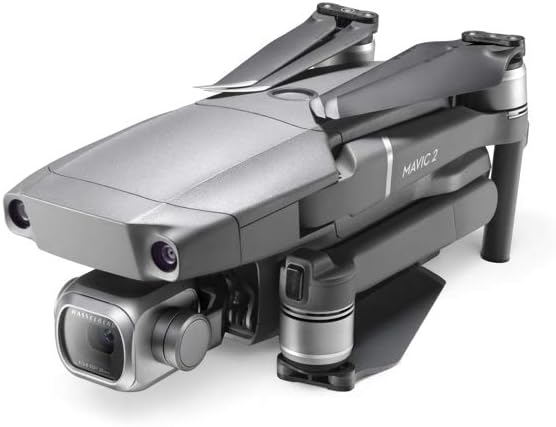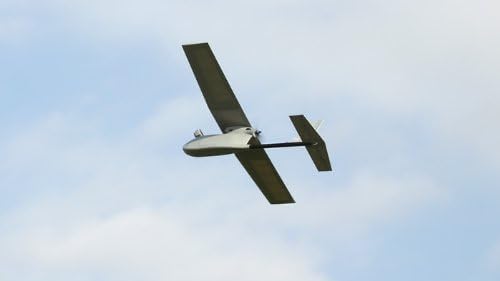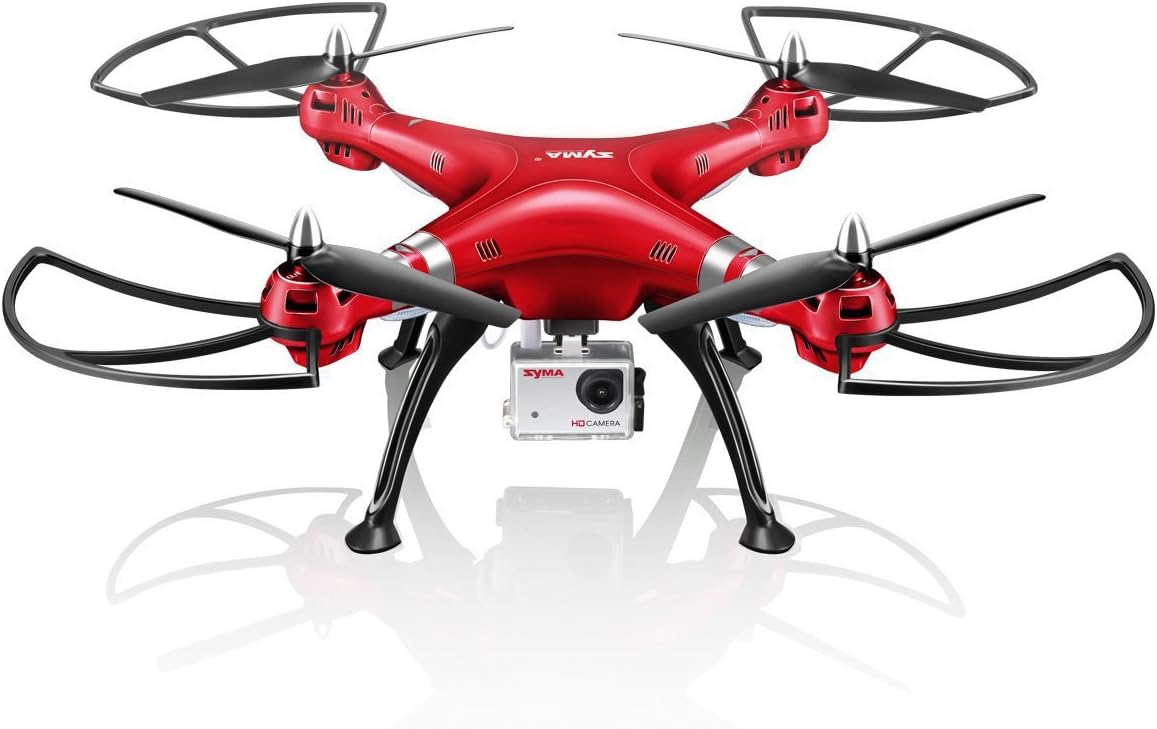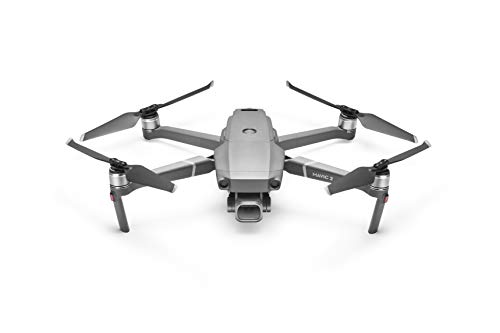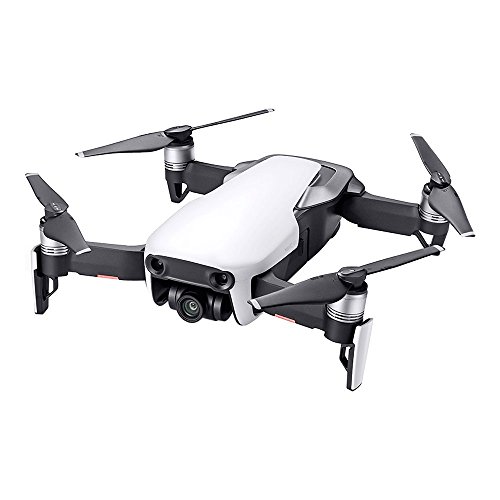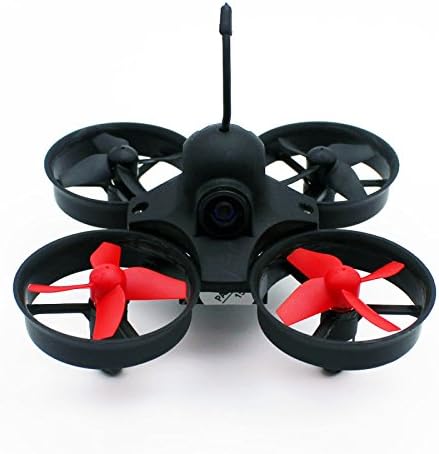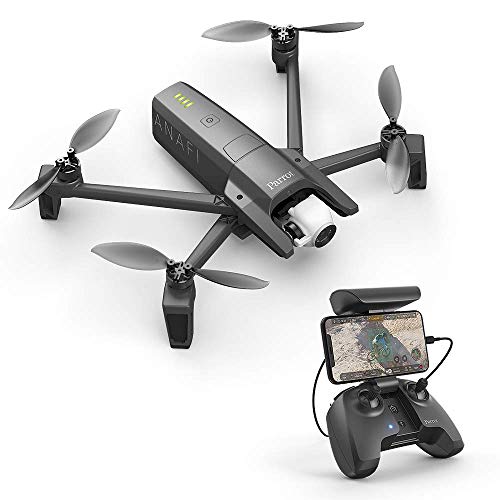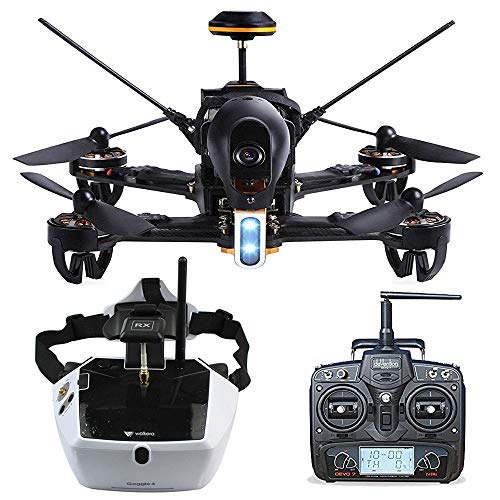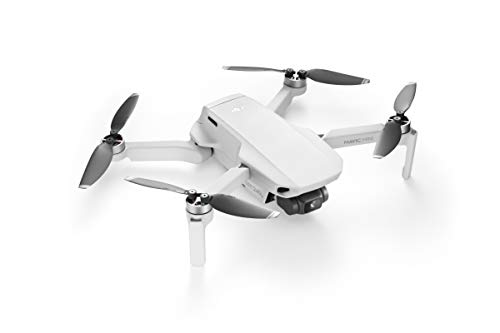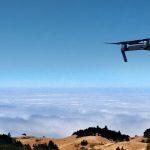Drone Laws in Canada: What You Need to Know
In Canada, drone laws closely mirror those of the US, with Transport Canada Civil Aviation (TCCA) overseeing the airspace. If you're well-versed in the Federal Aviation Administration (FAA) regulations in the USA, navigating the drone laws in Canada should be a breeze. Nevertheless, it's essential to highlight some tips and reminders for drone enthusiasts planning to fly anywhere from Toronto to Alberta and across the expanse of Canada.
Remember to Register Before Flying
Much like the FAA, the TCCA requires you to register your drone and get a license before flying. After all, you’re a pilot now. As long as your drone weighs between 250g to 25kg, you will need to get a permit. Although if you are just playing with a nano drone inside your house that is less than 250g, you do not need to enlist at all.
Knowing the Basic and Advanced Operations
To summarize, basic and advanced operations are the 101 when it comes to flying a drone in Canada. As long as you adhere to the rules, you’ll be fine.
According to the TCCA, if you are doing one of the three actions, you are undergoing basic operations:
- You fly your drone within uncontrolled airspace within 400 ft or 122 m
- You never fly over bystanders more than 30 m in altitude
- You never hover your drone over bystanders
Once you are doing one of these, make sure you have done the following based on the TCCA rules:
However, if you are doing one of the three actions, you are performing advanced operations:
- You are flying in controlled airspace
- You fly your drone over bystanders within 30 m in altitude
- You hover your drone over bystanders
Advanced operations have stricter rules so make sure you follow all of these based on TCCA grounds:
- Register your drone with Transport Canada before you fly it for the first time
- Mark your drone with its registration number
- Pass the Small Advanced Exam
- Pass a flight review with a flight reviewer
- Be able to show your Pilot Certificate – Advanced Operations and proof of registration when you fly your drone
- Seek permission from air traffic control (likely NAV CANADA) to fly in controlled airspace (request an RPAS Flight Authorization from NAV CANADA)
- Fly within the operational limits of your drone
- You can only use drones that meet the safety requirements
Advanced operations have stricter rules so make sure you follow all of these based on TCCA grounds:
- Register your drone with Transport Canada before you fly it for the first time
- Mark your drone with its registration number
- Pass the Small Advanced Exam
- Pass a flight review with a flight reviewer
- Be able to show your Pilot Certificate – Advanced Operations and proof of registration when you fly your drone
- Seek permission from air traffic control (likely NAV CANADA) to fly in controlled airspace (request an RPAS Flight Authorization from NAV CANADA)
- Fly within the operational limits of your drone
- You can only use drones that meet the safety requirements
Remembering the Critical Drone Laws
I will list down all of the most important rules based on TCCA’s official website. Make sure you know them by heart in order to be distant from any civil or criminal penalties.
Before you fly:
- Understand your legal requirements when flying drones
- Understand the difference between basic and advanced operations
- Get the necessary knowledge requirements
- Get a drone pilot certificate
- Choose the right drone if you want to perform advanced operations
- Register your drone
- Follow your drone manufacturer’s instructions
- Survey the area where you will fly
- Advanced operations only - to operate in controlled airspace (Classes C, D or E) you need to ask NAV CANADA for an RPAS Flight Authorization
Not Abiding by the Rules will Result in Major Fines
Naturally, the rules make perfect sense. However, there can be knuckleheads out there who think it is okay to break some of the rules. Remember that just because you treat your drone as a toy does not mean you should not take the regulations seriously. Failure to comply will result in major fines. While the fines may be much lighter than USA’s FAA violations, it is still better off that you don’t pay at all just for enjoying some aerial hobby.
Here are the fines:
- $1000 for violating one of the following
- Flying without a drone permit
- Flying an unregistered drone
- Flying in illegal areas stated by the official rules (see above)
- $3000 for putting people and aircraft at risk for flying a drone
- $5000 if you are a corporation for doing the same violations above
Always Practice Safe Flying
Flying a drone isn’t all that restricted as long as you are registered and you are flying at permitted areas. If you wish to experience drone piloting without exceptions, join drone festivals and drone hotspots around the country.
FAQs
Yes but most are similar. The different laws are the distance between your drone and other people as well as the penalty fines.
Mainly the weight registration and the legal altitude. Weight must be less than 250g (pocket/nano drone) if you do not want to register, and the legal altitude is 400 feet or 122 m.
Canada has a similar approach as FAA. The TCCA will automatically detect your drone once you go more than 400 feet. They will contact authorities to speak to you directly.
Yes, they must. However, the parent or legal guardian will sign on behalf of the child.
Canada has a lot of great places to fly your drone along with other hobbyists. Toronto, Vancouver and Alberta have drone hubs that you can enter for free.


